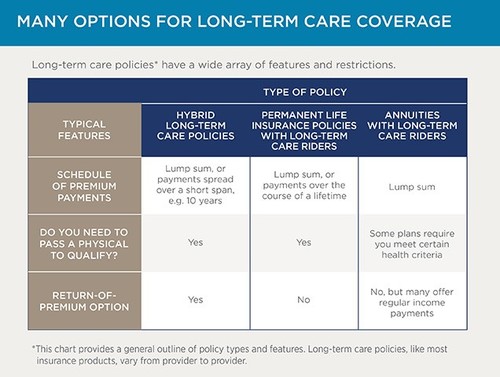
Consider the financial implications when considering retiring from the US. You will want to know if there are medical facilities in the area, whether there are specialists in the area, and how long does it take to get a prescription filled. It is also important to determine whether there are taxes involved. To determine how your existing health insurance plan would change in a new location, you should take a look at it before making a decision.
Coverage for medical insurance
It can be difficult to retire in the U.S. if you are not able to access health care in rural locations and have high medical bills. Medicare doesn't cover expatriates living in another country. Therefore, there are three main options to pay for medical care. These include purchasing a local insurance policy or investing in international healthcare insurance. Here are a few tips to help you make the best decision regarding medical care while living and working abroad.

Plan ahead
You must plan ahead before you retire overseas. You should consider your financial situation, cultural background, and distance from family members and friends. It is possible to choose between part-time and full time options. Visit the destination and see if you like the culture, economy, and lifestyle. A comprehensive guide is available from the U.S. State Department about retiring abroad. Decide if you would like to live permanently or part-time in the country. Once you've decided on a destination to visit, do some research about the country's political as well as economic stability.
Costs
It is important to understand the costs associated with retirement in countries other than the U.S. Medicare is not available for retirees living outside the U.S. so you will need a foreign-based health insurance plan. It is possible to purchase a plan that covers multiple nations for a lower cost than a domestic insurance plan, depending on your particular circumstances. If the country where you are moving has low healthcare costs, you may be able skip insurance altogether.
Taxes
A US citizen can choose to take a retirement abroad without having to pay taxes on any of your income. However, if you have a global income that exceeds certain thresholds (e.g. $12,000 per household or $400 from self-employment income), you will need a federal income return. A conversion must be made to U.S. currency of all assets and foreign income.

Retirement Places
Although it may seem risky, you don't need to leave the US to retire. There are many places that offer retirement options that don't require you to be fluent in another language or have a completely new lifestyle. You can even enjoy dinners with American expatriates. You'll also have less distractions and lower living costs. You will also have access to nature and a better lifestyle.